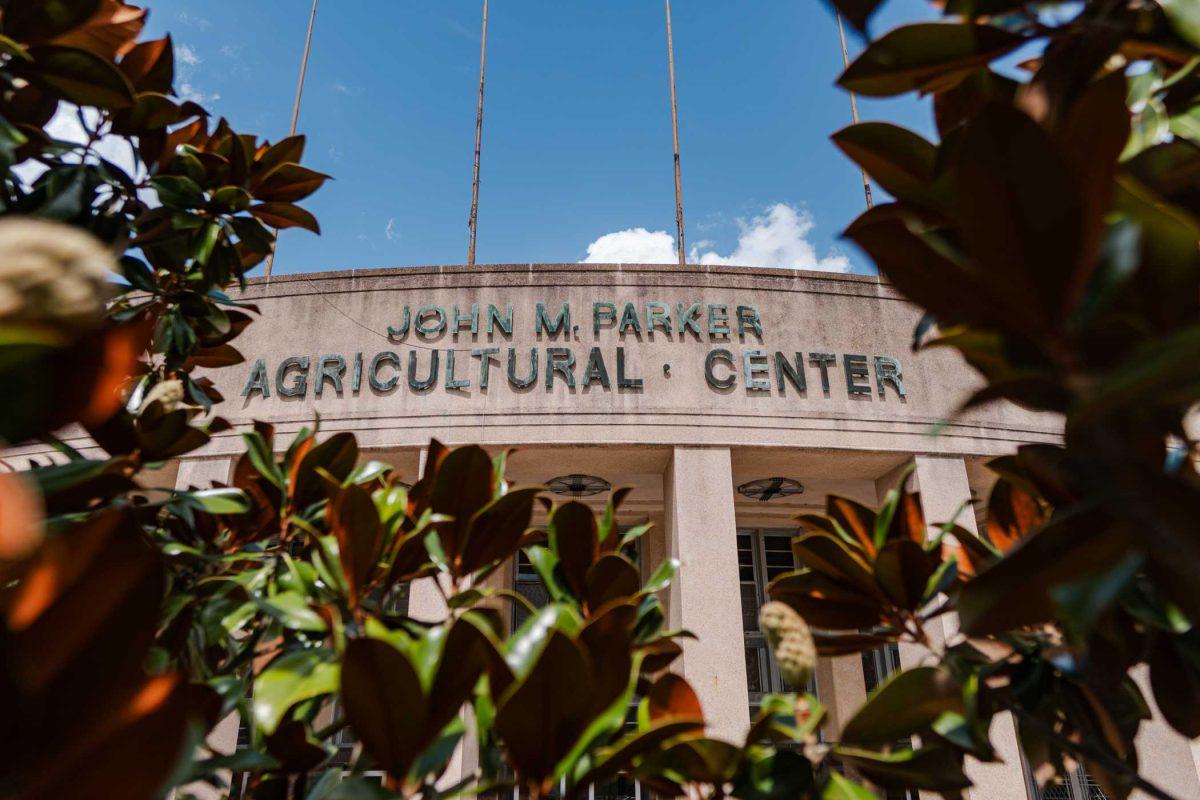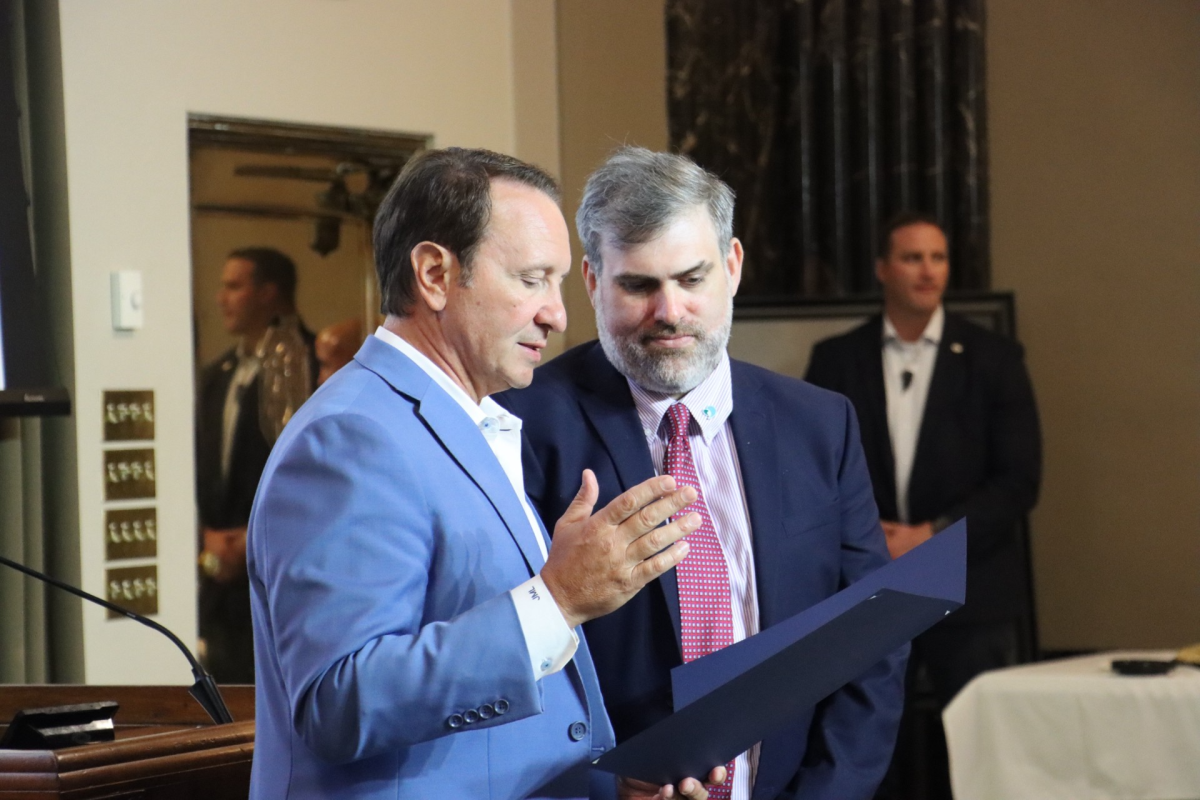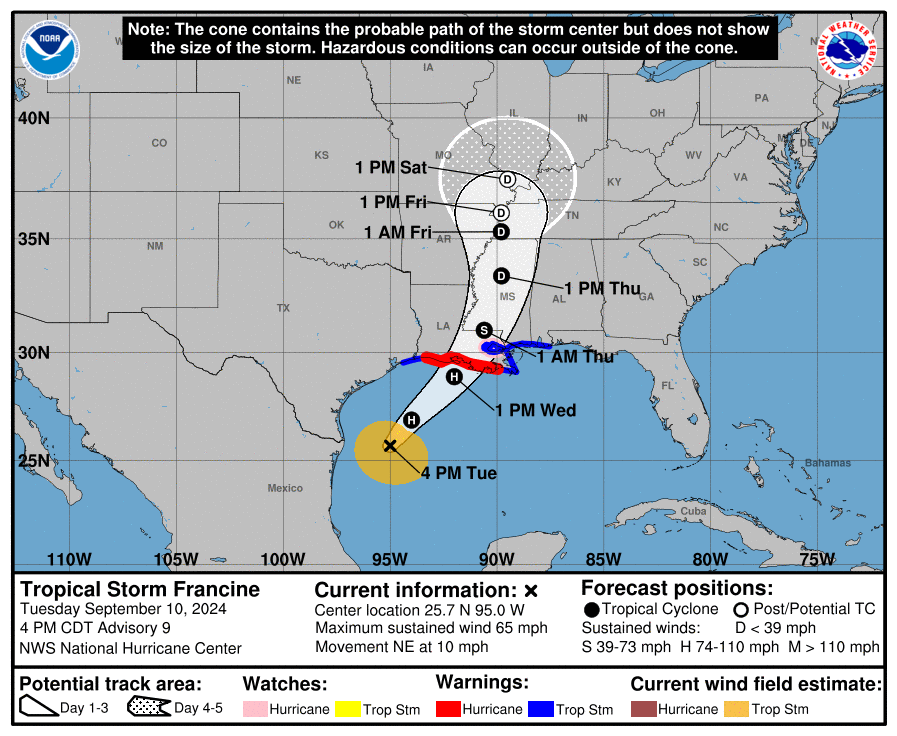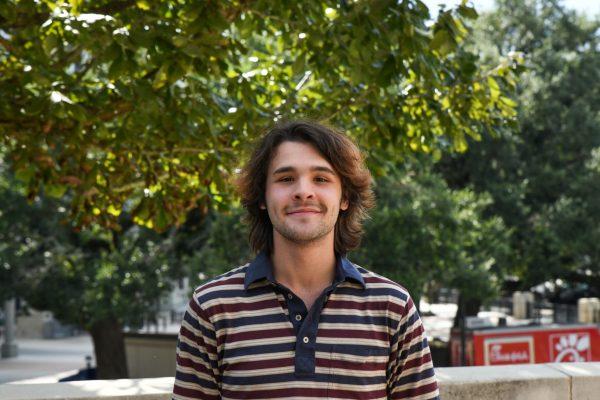An LSU Agricultural Center professor and his team of 24 researchers have been backed by a $10 million grant from the United States Department of Agriculture to start a four-year project to develop new climate-resistant strains of rice.
According to the project’s leader, Dr. Prasanta Subudhi, Climate Resilient Innovations for Sustainable Production of Rice, or “CRISP-Rice,” is founded on two central ideas: Climate change is a real, imminent threat to crop production, and farmers need access to the tools and information necessary to mitigate it.
“A lot of people are skeptical. A lot of people, even educated people, are not willing to accept climate change, but it’s happening. Heat will be a problem, and drought will be a problem,” said Subudhi
Subudhi is a plant genetics professor from the School of Plant, Environmental and Soil Sciences who specializes in rice genetics and breeding. With his team of researchers, Subudhi will examine the genetic traits of over 200 types of rice plant from around the world to identify the genes best suited for resisting high salt-content soil and drought. Once identified, the favorable genes will then be applied to domestic strains of rice.
Subudhi said he first applied for the grant through the USDA’s Sustainable Agricultural Systems grant program in 2022. According to its website, the SAS program funds projects focused on increasing sustainability and productivity in the agricultural industry by both optimizing land and water usage, as well as cutting down on crop loss to disease, drought, and other stressors.
Subudhi was advised to include a sociologist on the research team, and after adding one, received the grant this year. He said a sociologist was necessary for the project, because developing the new rice was only half the goal. For the project to be successful, the new breakthroughs and technologies would have to be distributed to the country’s farmers. Subudhi called this process “extension.”
“Extension means extending the new technology or knowledge to the farming community,” Subudhi said.
Extension is crucial to this project, and according to Subudhi, the USDA stipulated that one-third of the $10 million budget go towards it. He said CRISP-Rice will send demonstrators to farms across the South to show farmers firsthand how productive the new practices and technologies being developed are. Subuddhi also said rice production schools lasting two to three weeks will be established so young farmers can learn the most sustainable practices right from the jump. Blake Wilson, an assistant professor of entomology at the AgCenter is the project’s extension specialist.
The other two-thirds of the budget will be divided among the researchers as they study rice genes. One key researcher in the project is Manas Gartia, an assistant professor of mechanical engineering at LSU. Gartia specializes in lipidomics and metabolomics, the study of lipids in organic compounds, and previously researched the effects of cancer cells in human and animal tissue.
Gartia said the main adversary of a project like this is time. Observing the difference from one generation of plant to the next takes a full growing season, usually a year. In conjunction with the almost infinite variety provided by hundreds of thousands of possible genes, Gartia said it would be lucky to see progress after decades of research. This unfortunate reality is where the application of Gartia’s lipidomics shines.
Gartia said focusing on the lipids in each rice plant allows researchers to home in on which genes are affected by specific stressors and narrow the number of possibly favorable genes down to a handful. Gartia said progress will be incremental but consistent over its four-year span.
“So for us, the first test is identifying the right genes, then the next will be, Dr. Subudhi, will again go back and create new strains based on that gene. And then again, we can look back and validate whether it is really tolerant or not, by repeating the process,” Gartia said.













